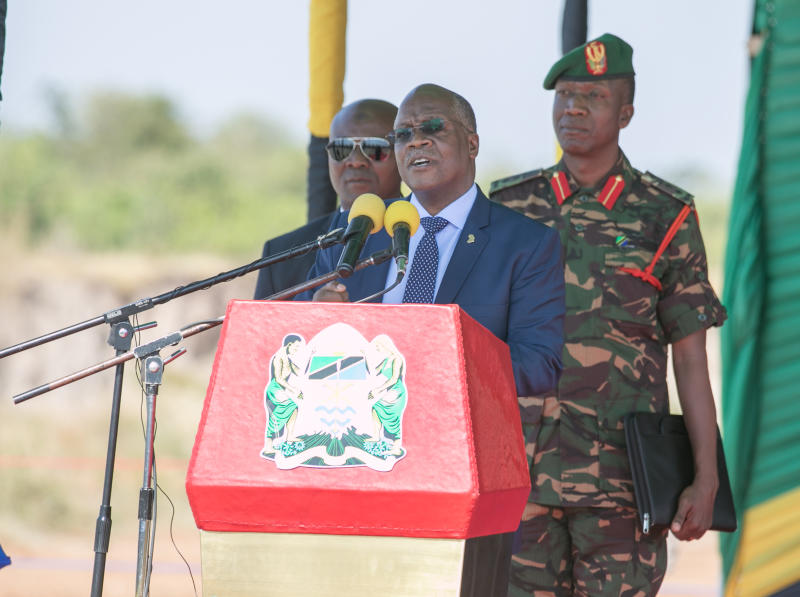×
The Standard e-Paper
Join Thousands Daily

Tanzania President John Magufuli has proclaimed victory over Covid-19 in his country. [Standard]
Whenever we are hit by a new challenge, the first reaction is always to look within for solutions, until innovations start cropping up from the talented people from various sectors and regions.